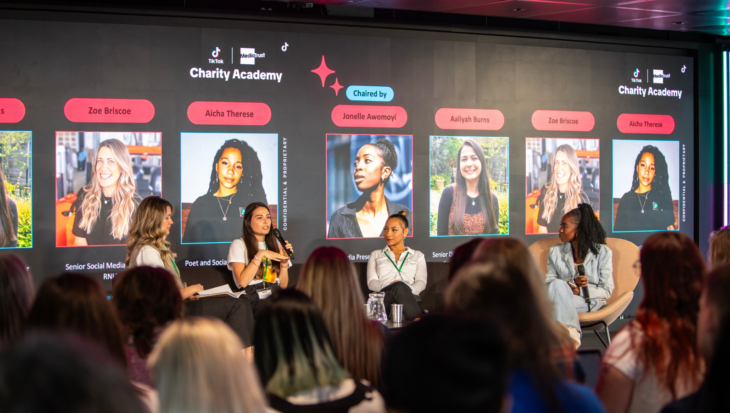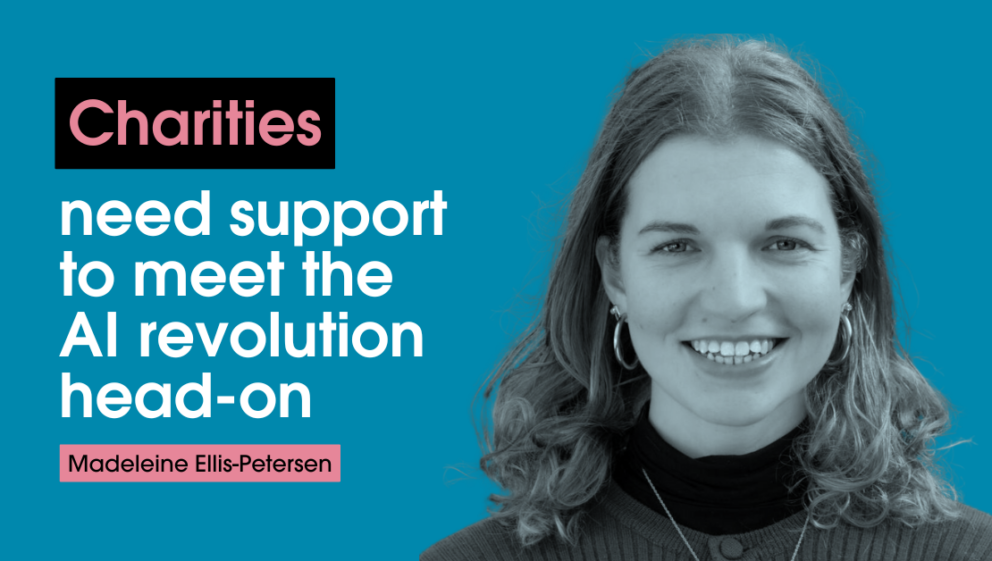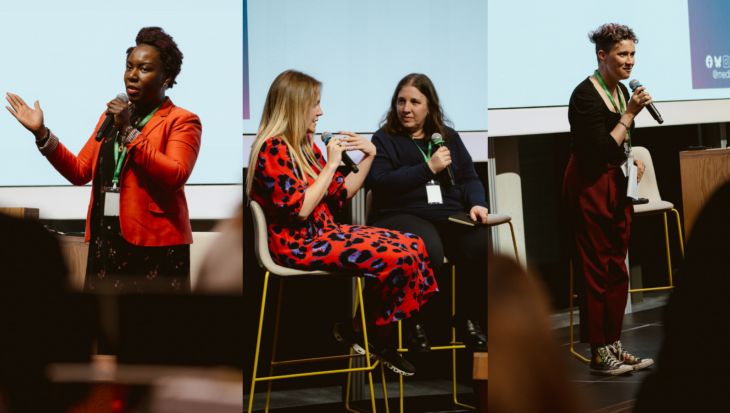The growing role of AI in the third sector
Recent advances in AI, particularly Generative AI, present an enormous opportunity for the charity sector. We know AI has the potential to increase UK GDP by over £550 billion by 2035 and to save the average worker over 70 hours a year.
However, it’s important to remember that, alongside these potential gains for productivity and growth, AI poses significant ethical considerations for many charities, including data privacy and algorithmic bias.
Careful consideration needs to be given to its implementation, else we run the risk of amplifying harms against marginalised communities at much greater scale and speed.
Over 40% of charities say they are poor at engaging with emerging tech trends, with small charities in particular lagging behind when it comes to the adoption of AI.
The vast majority of charities feel unprepared when it comes to developments in AI, with only 22% saying they feel equipped to respond to the opportunities AI offers. In this context, it’s essential that charities and under-represented groups are provided with the skills and training they need to meet the AI revolution head on.
Otherwise, we risk widening the digital divide, exacerbating existing inequalities and shutting communities out of the potential advancements of AI.
Closing the digital divide: AI training
In response to these challenges, Media Trust is launching a pioneering programme to skill up charities and under-represented talent in the use of AI. Funded by Centre for Public Impact with support from the Google.org AI Opportunity Fund, we’ll be providing bespoke AI training developed by Google and their external partners to two of Media Trust’s key beneficiary groups:
- Smaller charities doing vital work in areas from criminal justice to climate change
- Creative talent from communities that are currently under-represented in the media industry.
The partnership demonstrates the role tech companies can and should play in supporting and upskilling the charity sector. At Media Trust, we can only do the work we do because of our tech sector partners like Google, Meta and TikTok.
Our TikTok Charity Academy this Summer, run in partnership with TikTok, equipped hundreds of charities with the skills and confidence to use TikTok to raise awareness of their causes and mobilise a new generation of campaigners, volunteers and donors.
Ethical concerns and risks
We know that many charities have serious ethical questions when it comes to engaging with AI. From recent calls for more AI regulation from organisations like Amnesty, who outlined the devastating consequences for marginalised communities when unregulated AI systems are used to assess welfare claims, monitor public spaces or determine someone’s likelihood to commit a crime, to the environmental implications of AI’s energy intensive processes and production of e-waste, charities are right to be wary of this new technology.
However, it’s only by skilling up and constructively engaging with AI that charities and the communities they work with will have the tools and knowledge to use and shape this technology equitably.
Securing access for all
It’s easy to be swept up in the language of revolution and progress that’s often used to describe AI. It’s important to be cautious about the true extent of AI’s transformative power.
AI undoubtedly has enormous potential to help people across a range of industries get more done, deepen their knowledge, and focus on the things that matter most to them, but it’s only in making that potential accessible to all that AI can be a force for good.
Otherwise, the technology will only serve to entrench existing inequalities, widen divides and further exclude already marginalised communities.
Interested in our AI training programme?
Register your interest



